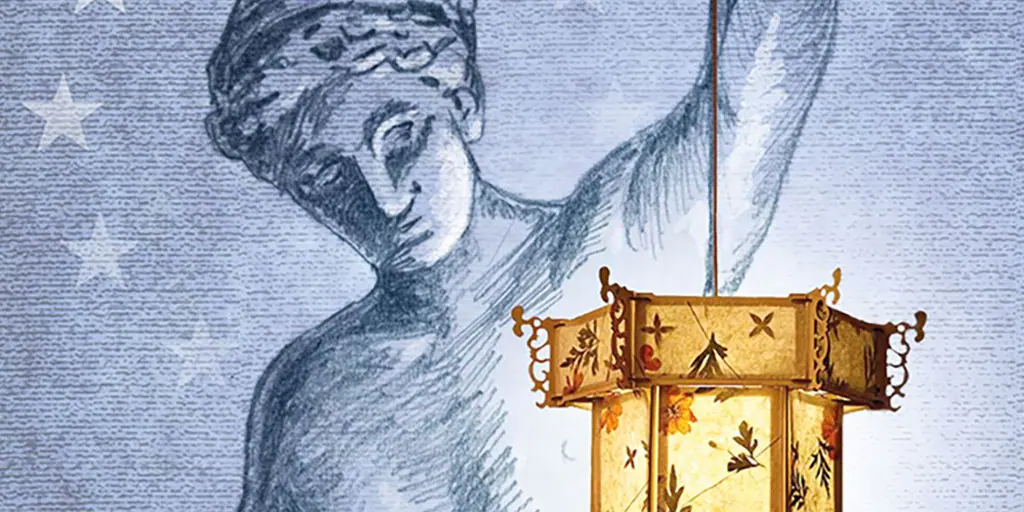The tone of relations between the European Union and China changed radically in 2019. The EU moved from commitment to competition and even rivalry. China has become Europe’s biggest competitor in third markets and even, increasingly, in the EU single market. This aggressive competition is the result of the complicated mix of China’s greater competitiveness, its massive industrial policy supported by subsidies and a Chinese market that does not offer enough opportunities to its own companies, much less to foreign ones, due to the extremely moderate consumption and lack of investment opportunities.
China is also becoming a greater threat to the EU’s security. Its support for Russia in its aggression against Ukraine was less evident at first, but is becoming increasingly clear due to the large exports of dual-use technology, another important issue the EU has to deal with.
The deterioration of its relationship with the EU is reinforced by the economy increasingly intervened by Beijing and the more frequent use of its influence in a context in which most countries, and certainly the EU, are becoming dependent of China in the strategic aspect. Lithuania is probably the clearest example of Beijing’s displays of power (which exerted commercial pressure on this country after it strengthened ties with Taiwan), but China has also responded to the compensatory quotas that the EU has applied to its electric vehicles. with its own investigations into subsidies and dumping.
What’s more, the Asian giant has intensified its anti-Western foreign policy campaign, which aspires to build a new world order. The expansion of the BRICS bloc – Brazil. Russia, India, China and South Africa – and their de-dollarization plan are a good example. So is Beijing’s triple global initiative that encompasses development, civilization and security, and which is an attempt to distance the Global South from the principles of the Western-led liberal world order.
Europe and its member countries would do well to accept that there will be no return to the old modus operandi with China, as this has changed and so has the European attitude towards its firmness. On the other hand, China’s growing size – economically and politically –, together with Europe’s declining economic and political weight on the world stage, means that the EU must use its influence now, before decrease more. Its main asset is its single market, which remains China’s largest export market.
In its approach to the Asian giant, the EU must follow three guiding principles. First, any strategy must encompass the Twenty-Seven. Member States must be in full agreement for the strategy to be coherent and effective. The strategy must reflect the EU’s need to coexist with China, taking into account its size and relevance. This means cooperating to address global challenges, but without accepting that a price must be paid for that cooperation, as is sometimes implied from Beijing, especially in relation to climate change.
Coexistence also means reducing dependence on Chinese imports, especially those that are essential for Europe’s energy and digital transition. The EU must strive to find new sources of imports, better combining the transfer of supply chains to friendly countries and local production with relocation. Furthermore, for European countries that remain heavily dependent on China as an export market, it is also important to diversify international markets for European exports. It is ironic that this dependence has decreased due to China’s desire for self-sufficiency and the consequent reduction in imports, especially those from the West. In other words, any EU strategy must continue to drive risk reduction through greater deployment of the instruments adopted during the European Commission’s 2019-2024 mandate, including export controls and scrutiny of incoming investments. . Secondly, the EU must increase its economic security (and security in general) by strengthening current (WTO-related) instruments, better coordinating existing measures such as export controls and scrutiny of incoming investments, and developing new instruments, such as the scrutiny of outgoing investments.
Third, for Europe to coexist effectively with China, while protecting its interests and values, building alliances will be crucial. This should by no means be limited to the United States, especially if Donald Trump wins the November election, but alliances should be expanded to other countries. Two categories of association can be distinguished.
The first category is already emerging, within the G-7, in relation to issues of common interest such as the resilience of supply chains, as well as the coordination of export controls to reduce double-double technology transfers. use, crucial for (economic) security. These measures can be extended to similar countries such as South Korea and Australia.
The second category of association would correspond to emerging and developing economies. They remain very important markets for European products and also sources of raw materials essential for the EU’s digital and ecological transition. However, their needs are increasing in relation to the search for a sustainable development model. Any offer that the EU can provide to these alliances must include sufficient financial resources and technology transfer. The Global Portal for promoting investment in sustainable development is a good start, but clearly insufficient, given the importance that alliances with countries in the Global South have for Europe.
The EU needs to coexist with China while protecting its interests and values. Coexistence must allow collaboration to address global challenges, but this collaboration must not come at a price. On the other hand, bilateral economic competition will continue to dominate, sometimes carried out with unfair instruments. The EU will have to protect itself and avoid threats to its prosperity. It will need to do what can be done through the WTO, but also apply its own ‘trade defense kit’ within a more developed economic security framework. Finally, as far as the liberal global order is concerned, the EU will have to confront China’s systemic rivalry by maintaining the defense of the existing order, both directly and through strengthening partnerships.
